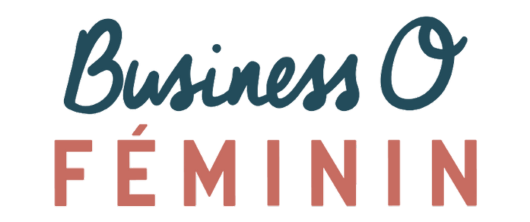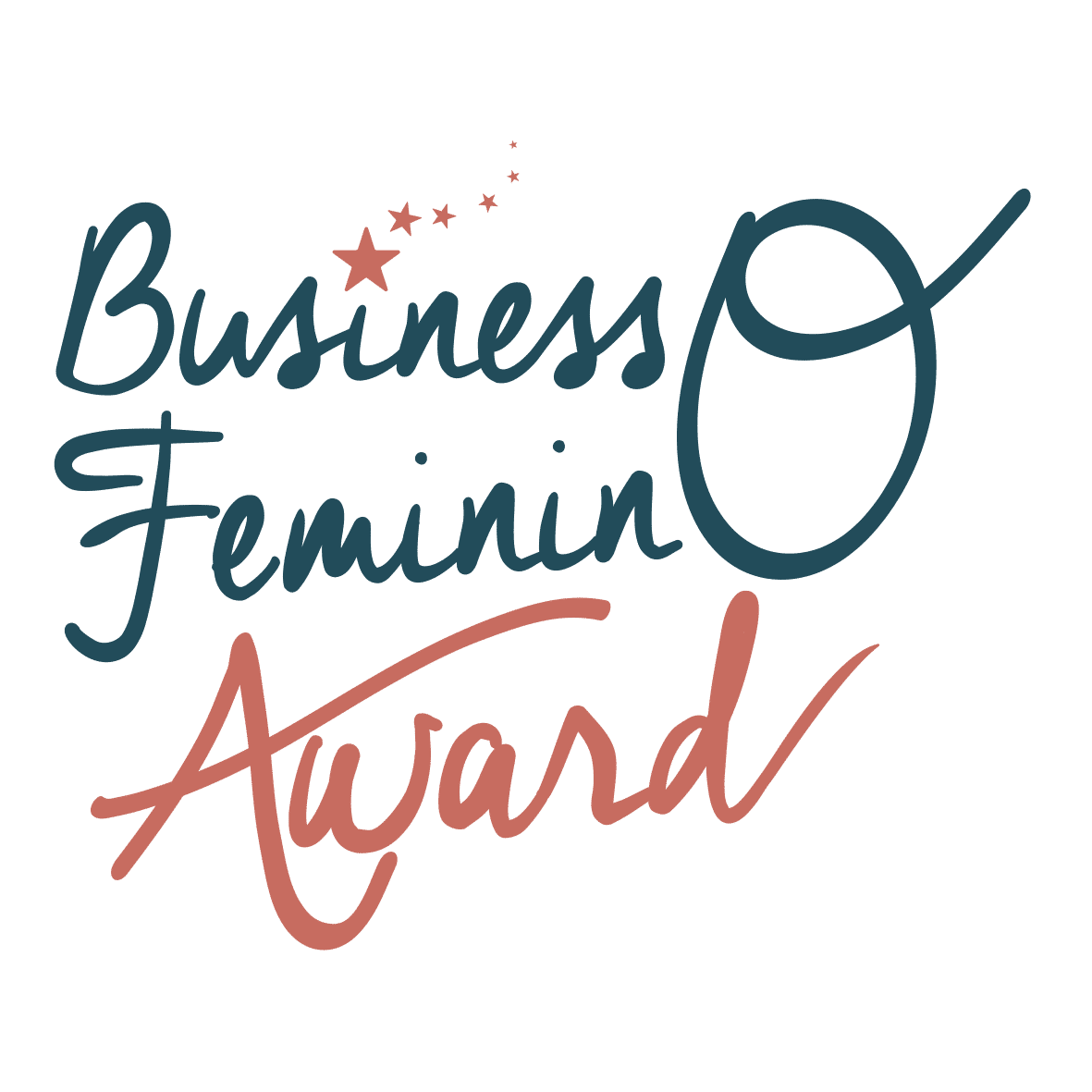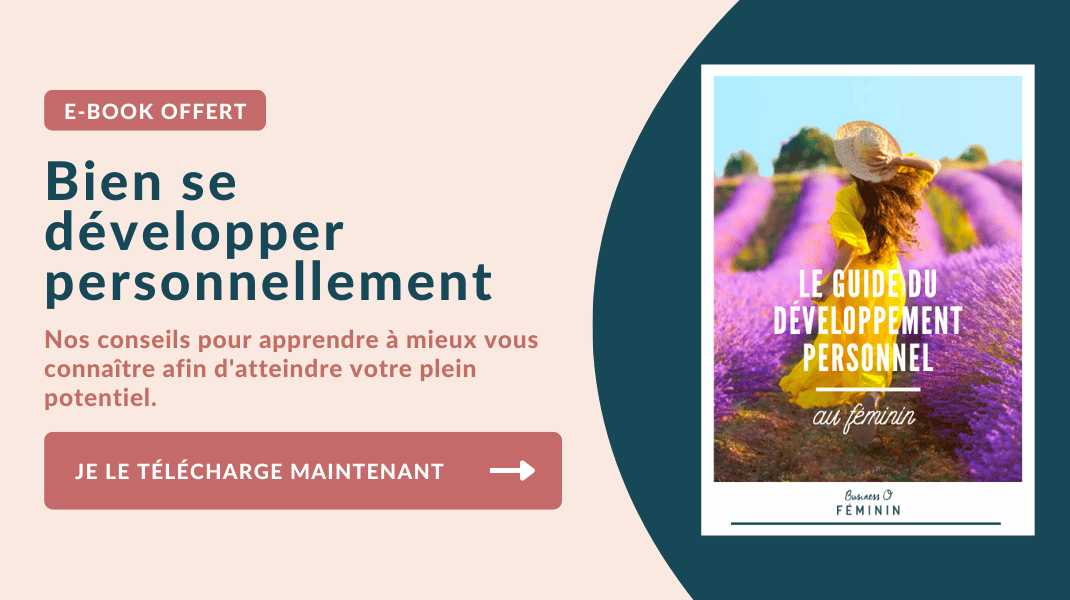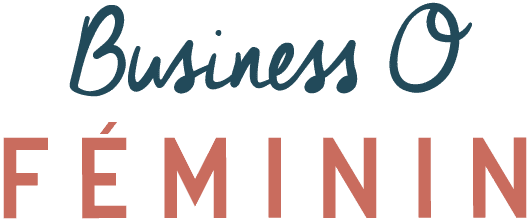Tell us a bit more about your career path. How did you become a coach ?
My first degree was in economic psychology but when I started working I was in pure finance. Then, I left because I realized I was actually way more interested in people that I was in numbers. I stayed in the financial sector working in recruitment for a number of years but that wasn’t enough, I wanted to turn toward psychology. So when my first child was born I gave up the recruitment and I did a foundation training in psychotherapy and then a coaching training. So I guess it sort of evolved from pure finance to finance and managing people’s career and then coaching.
I thought that I would always work in large institutions and I didn’t’ really think about creating my own business. Being an entrepreneur can be very beneficial for women because it gives you flexibility, it gives you a lot of freedom. You have to work hard all the time, but it’s great to be able to set your own rules. You can also do what you really believe in. It has allowed me to do a job that can make a difference, which is really important to me.
How would you describe what you do today as a a coach ?
My whole focus is on helping individuals and organizations thrive, support them so they can be the best version of themselves, particularly in their working lives. However, I believe that people can apply my advice to their life in general because as a coach you’re supporting a whole person, not only the working person especially now that work and home have merged together because of the current crisis.
So by coaching employees or individuals you also help the company become more productive at the same time ?
Studies of positive psychology show that you would never have a thriving organization unless the individuals are thriving as well. Employees need to be happy, feel good about themselves if you want them to be productive. So thriving individuals will have a direct impact on the bottom line of an organization and an organization will not be profitable or able to survive in the long term if the individuals are not thriving.
I support organizations in three ways: First through individual coaching with graduate trainee programs, then I do strategic work with CEOs and managers and finally I do training in organizations on soft skills also known as corporate well-being (helping people be more confident, communicate more effectively, manage their career, be motivated, manage stress) through seminars or workshops.
What’s your take on the current crisis and how do you think businesses should react ?
Organizations have responded in different ways. Some organizations have reinvented themselves for example by creating new products that they could offer during lockdown. Other organizations have moved everything online and moved everyone to work from home. They worked very hard to provide as much support as they can to people working from home in order to make sure that they would still thrive. So organizations have been pretty good at putting in place support structures whether through meetings or fun activities such as pop-quizzes, online yoga, whatever they can to help people bond and stay in touch. So for me the organizations who will thrive are the ones that really use this as an opportunity to increase their corporate well-being.
What would you say is the main issue with the corporate world today ?
The big issue with corporations is that they’ve always encourage individuals to be competitive in order to thrive. If you look at capitalism, it is all about keeping people competitive. Capitalism thrive if people are competing against one another. I’m all for healthy competition but the problem is that it can make people feel very insecure. In the short-term that could work but in the long-term it creates all sorts of negative consequences: people have burn-outs, stress, people feel like they’re not being understood or listened to. In a few years, CEOs are going to realize that competition does not actually help organizations thrive in the long-term. So that’s what we need to change. We need to find a much kinder face to capitalism. We need to find ways to be much more inclusive, diligent, supportive and to make people enjoy and believe in what they do.
What challenges do women still have to face today in the workplace?
One of the biggest challenge women need to face in the workplace is the impostor syndrome. Most women don’t believe in themselves and therefore they try too hard and are very insecure. As a whole, women haven’t cope very well with the very aggressive, very competitive male-dominated capitalist system so I think they have an increasingly important role to play because if they find their own strengths they can actually change the way the corporate world works. I think they are probably more open to corporate well-being and to understanding what it takes for individuals to thrive.
What do you hope women will get out of your masterclass for the How To Academy?
My masterclass focuses on three concepts: confidence, communication and career. I offer advice to feel more confident in the working world and how to tweak our perspective into a more positive one. I teach women how to communicate in a more powerful and confident manner and then they learn how to manage their career so that they can thrive. All of those are linked directly to helping women thrive in the working world. And then ultimately if they start behaving this way they will push people to do the same.
Why do you think inclusion and diversity are important in corporations ?
It is important on a humanitarian basis because I think it is important that everybody is seen as equal but also on an economic level because the organizations that truly thrive are the ones that are diversity inclusive. The more diversity inclusive your workforce is, the more likely you’re going to do well. It is really healthy to work and be surrounded by different people with different perspectives and outlooks.
I think there are still incidents where businesses aren’t diversity inclusive. We can always do more, even at the individual level. We have the habit to surround ourselves with clones, people who are just like us but I think we should be more outward and open. Our network should be diverse because that’s where you grow and that’s how you can come up with different ideas and solutions.
What new challenges do new digital workplaces bring?
On an individual basis you have to work harder, you have to be that much more animated when you’re on screen. You also have to be honest about your working environment at home so that managers know how to adapt to it. Managers should check-in , engage with people more, be involved. Meetings have to be very structured, you have to be more inclusive: the use of questions is really helpful to make sure that you are drawing everyone in, even someone that is particularly quiet in a meeting, you draw them in with a question. Also make sure to check-in with everybody all the time because people will hide behind their screen.
A recent New York Times article pointed out that remote meetings are starting to crystallize how much harder it is for women to be heard in group settings. Do you think it is even more difficult for women to be assertive and confident on digital platforms ?
I am not sure that it is the case. I think it creates opportunities as well for women to be really brave and to dare to network because it’s almost easier to reach somebody online than doing it face to face. So I am challenging women to send emails to people they would not normally have dared to send emails to. Even in virtual meetings I think you can be braver than in real life. And if you feel insecure, I think there are tips that you can take: for example in a virtual meeting, try to get an ally (colleague, manager, someone you trust) that will bring you in the conversation, make sure you’re prepared and put your camera on. When you’re in the meeting, be in the meeting, engage so that people will listen to what you have to say.
What advice could you give to a woman who wants to start her own business?
The first thing would be to just to do it. Often we spend a lot of time doing market research, setting up a website… we hide behind all that but in the end, you should just do it. Start small, give it a go, you don’t need huge amounts of money at first. Do it low-key and then, if you really think it’s going to fly, invest. So yes just do it and start small would be my advice. Also be cautious about finding business partners. I think it’s better to start on your own. A lot of businesses have failed because you partnered up with somebody who is a great mate and actually you don’t really work that well together.
What type of leadership do we need right now ?
I think we need a more human leadership. Leaders need to be much more honest about the situation, a bit more vulnerable, they need to be as human as they can be. As a leader, you should bring your whole self to work, engaging with the well-being of your employees. It’s a wonderful opportunity for leaders to really embrace the soft skills of leadership. Leaders need to be very coach-like in the way the operate. And they also need to work on finding the joy, finding the humor, celebrating success, do random acts of kindness.
All of these things would be really appreciated in the current situation. If we can develop a more thriving culture in organizations the amount of stress and days lost because of depression and mental illnesses will diminish. You are much more productive if you are feeling motivated and happy with your environment.
Interview by Amélie Tresfels
